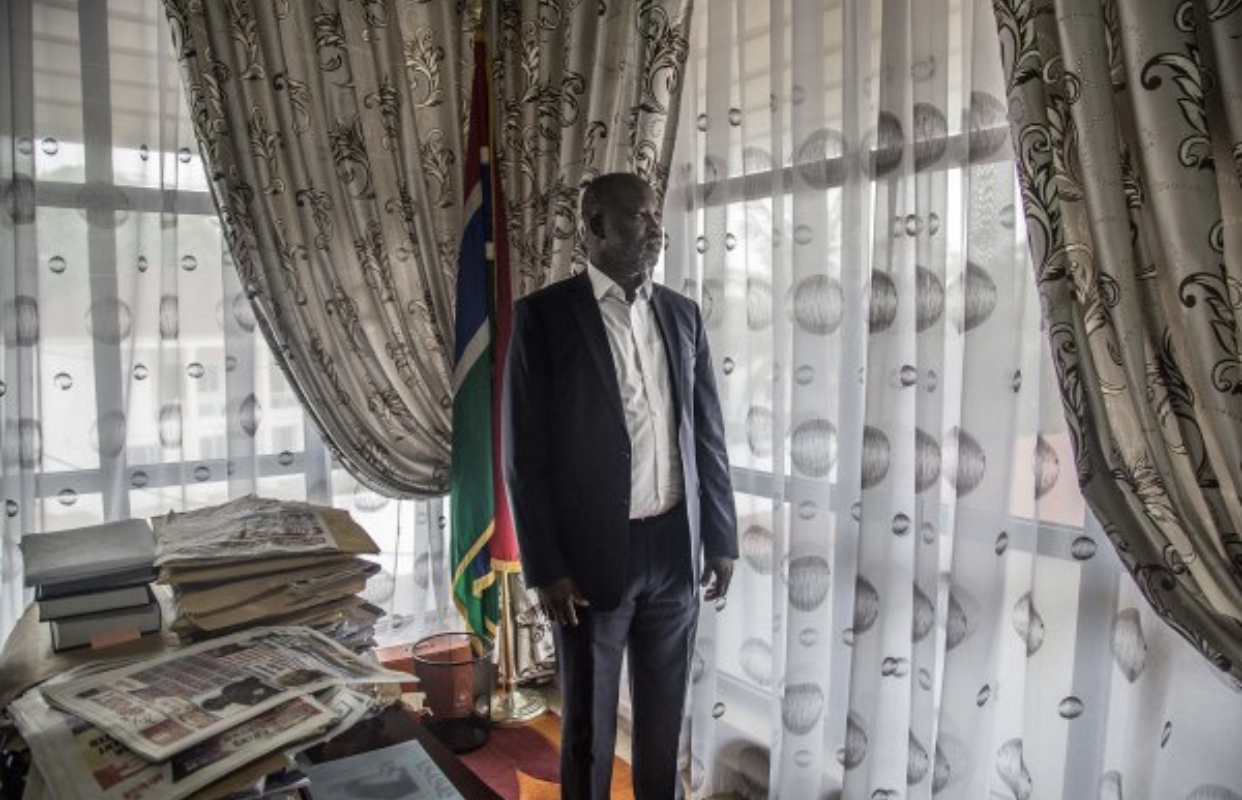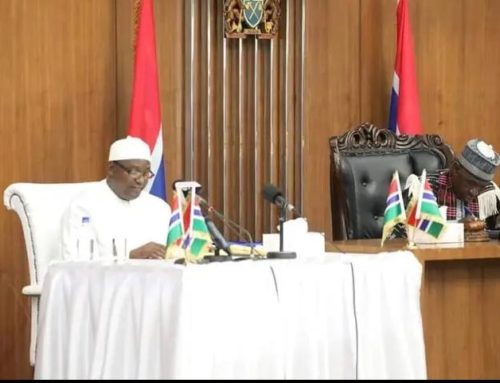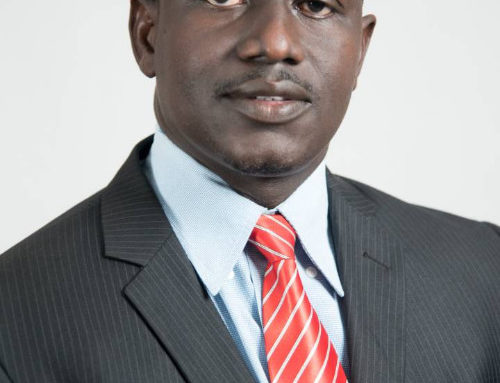Former justice justice minister and attorney general of The Gambia Abubacarr Marie Tambedou, has been nominated for the year’s Nobel Peace Prize
He has been nominated by Justice for All, an NGO with consultative status at the United Nations. One of the key programmes of Justice for All is the Stop Genocide campaign working to halt and prevent genocide around the world.
In its statement, Stop Genocide said while some Muslim heads of state were busy honouring Prime Minister Modi of India with two genocide alerts, Minister Tambadou of The Gambia, stood up to Burma for its genocide of the Rohingyas.
“By filing a lawsuit in the world’s highest court, The International Court of Justice, he has forced the arc of justice to bend. In a world where 149 countries that signed the Genocide Treaty remained silent, Tambadou took initiative, despite threats of China, to go after Burma. He deserves the Nobel Peace Prize,” it stated.
Stop Genocide said while many had given up on the ICJ, “Mr Tambadou has single-handedly demonstrated the power of international justice mechanisms, sparked hope for justice for the Rohingya, and laid the seeds for long-lasting reconciliation in The Gambia. His work has become a beacon of light for the entire world.”
Because of his action, the ICJ ordered Burma to meet its legal obligations to protect 600,000 Rohingyas still in the country; and given hope to over three million Rohingya worldwide that they might receive some measure of justice, at a time when they felt the world had ignored their plight.
In a statement released yesterday, Imam Malik Mujahid, founder of Justice for All organisation, declared: “Betraying the expectations placed in her as a winner of the Nobel Peace Prize in 1991, Aung San Suu Kyi denied the Rohingya genocide at the same ICJ trial. It would be therefore a meaningful corrective to award the Nobel Prize to the man who has brought the case to the court. He has shown that international justice is meaningful and can be transformative.”
“The Gambia is a country 7,000 miles from Burma. Bringing its case successfully to the International Criminal Court, reminds us that as human rights are universal, so is the responsibility to protect them,” added Adem Carroll, UN Programmes Director for Justice for All. “This bears out Martin Luther King’s famous saying that “injustice anywhere is a threat to justice everywhere,” and that we all must act regardless of who we are or where we live. That’s also in the spirit of the UN Charter and the Universal Declaration of Human Rights.”






Leave A Comment